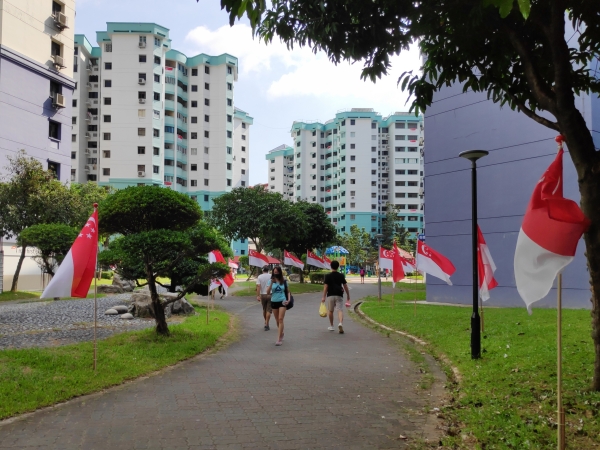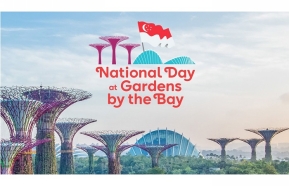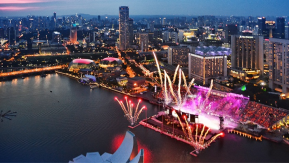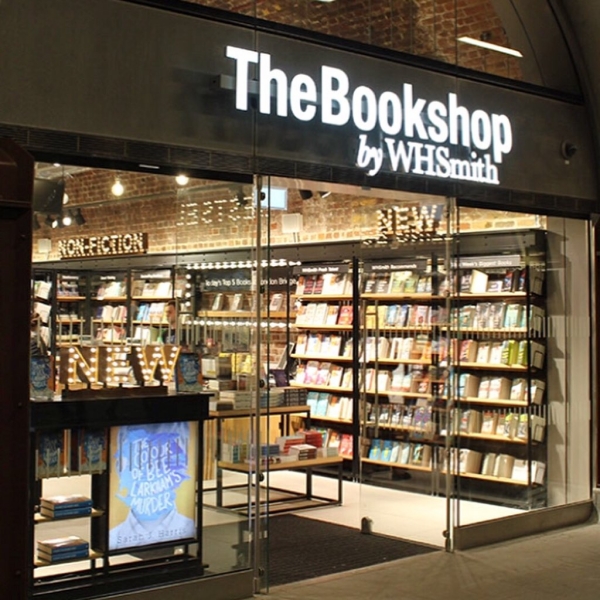Exeat: Day 140/84: LKY fires the starting pistol ... and bibliophiles relax
All the putative Federations failed … West Indies, Malaysia and Central Africa. You have to wonder why and would these regions have been more successful if they has stated together as the British suggested? On reflection it seems as optimistic as were the notions that Northern Africa's overthrow of harsh regimes would be followed by functioning democracies. Certainly the Colonial powers could have a single purpose and a single Governor-General/ CinC for the disparate elements but once that authority was gone the intact tribalism and ethnic grouping across the whole region had no significant reason to hold together and offer supportive trade-offs to one another.
Singapore's leaders started with belief in a federation with Malaya, Sabah & Sarawak! Despite their successes in self-governing the Peoples Action Party [PAP] leaders, including Lee [LKY] and Goh, believed that Singapore's best future lay with Malaya. They felt that the historic and economic ties between Singapore and Malaya were too strong for them to continue as separate nations. Furthermore, Singapore lacked natural resources and faced both a declining entrepôt trade and a growing population that required jobs. It was thought that the merger would benefit the economy by creating a common market, eliminating trade tariffs and thus supporting new industries which would solve the ongoing unemployment woes. Although the PAP leadership campaigned vigorously for a merger the sizable pro-communist wing of the PAP was strongly opposed to the merger, fearing a loss of influence as the ruling party of Malaya, United Malays National Organisation[UMNO], was staunchly anti-communist and would support the non-communist faction of PAP against them. But UMNO leaders were also skeptical of the idea of a merger due to their distrust of the PAP government and concerns that the large Chinese population in Singapore would alter the racial balance on which their political power base depended. Faced with such a prospect UMNO changed their minds. An Act to amend the Constitution of Malaysia was signed on 9 August 1965 and Lee Kuan Yew, Singapore's Prime Minister declared independence - 55 years ago. It's had an astonishing era of growth and development earning from the economic successes of Hong Kong but staying close to a socialistic communitarian one party [PAP] state for many years under LKY's leadership.

Singapore's early history. The State of Singapore dates back to its formal foundation in the early nineteenth century but evidence suggests a significant trading settlement existed in the island in the 14th century. At the time the Kingdom of Singapura was under the rule of Parameswara. It then came under the Malacca Sultanate and eventually the Johor Sultanate with which in 1819 Sir Thomas Stamford Raffles negotiated a treaty whereby Johor allowed the British to locate a trading port there leading to the establishment of the British Crown Colony of in 1819. During World War II, Singapore was conquered and occupied by the Japanese Empire from 1942 to 1945 but reverted to British control, with increasing levels of self-government being granted, culminating first in Singapore's merger with the Federation of Malaya to form Malaysia in 1963 and in 1965 its independence. Facing severe unemployment and a housing crisis Singapore embarked on a modernisation programme in the late 1960s and through the 1970s that focused on establishing a manufacturing industry, developing large public housing estates and investing heavily in public education and infrastructure. By the 1990s, the country had become one of the world's most prosperous nations with a highly developed free market economy and strong international trading links. It now has the highest per capita gross domestic product in Asia, 7th in the world.
 
Booklovers' Day today .. Can't disagree with that …. Lots of developments afoot in support of books. Book manufacturers increasingly use digital printing with toner rather than ink which ushers in print-on-demand. That's how Helion is acting as Official Publishers to Scottish Battlefields Trust. Logisticians will readily appreciate the impact this has on inventory costs/ write downs and space. More still, e-books are usually available through the internet as this Covid19 Blog Series is soon destined with help from John Unwin; or as a narrator [even Meghan DoS] on CD-ROM for in-car listening or via readers such as Kindle or Nook. It has to be said that Amazon Books have been my salvation these last three years and more with extra titles arriving next day on Prime services. But you can never beat a browse around a bookshop which for me in my youth always meant WH Smith!

Sunday's menus. We've been tempted a lot lately to go for Brunch [York hotel Toronto style!] and late afternoon dinner … and we're doing again today; with a chicken back. But there were some Cumberland sausages yesterday with the courgettes and runner beans …. Brunch was kippers and toasted bagels but they were over salted; can't get whole kippers on Click & Collect apparently; have to walk to Morrisons. But there's a cuppa and catch up today at The Manor House at 3pm too …
Published Date: August 9th 2020
|





